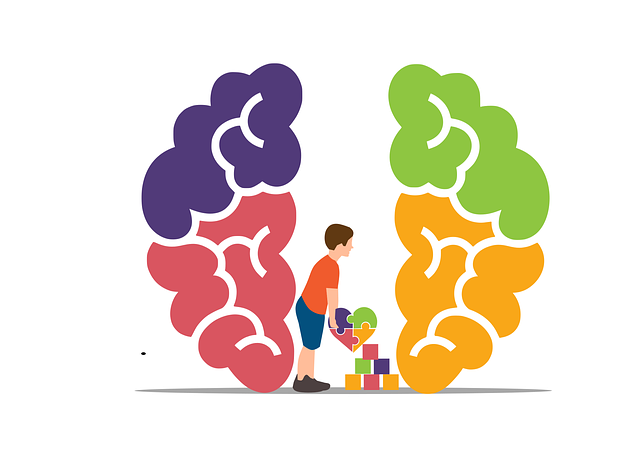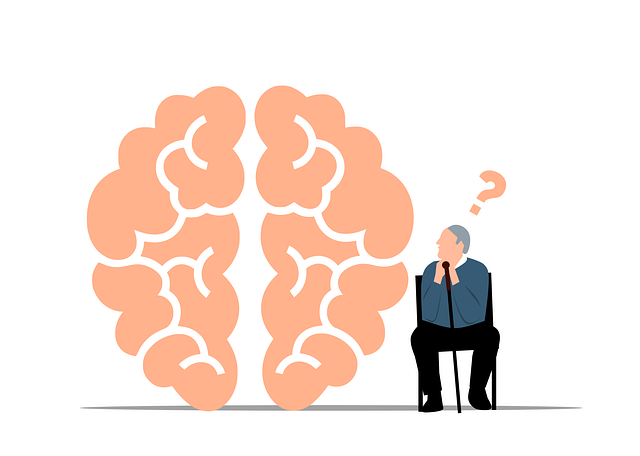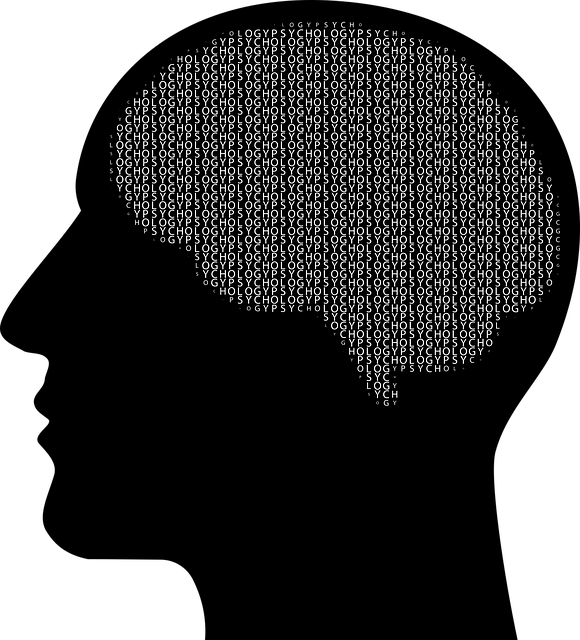Burnout among healthcare providers caring for elders is a growing concern, impacting their emotional well-being, job satisfaction, and patient care. Early recognition of burnout symptoms through initiatives like mindfulness practices, self-care routines, and cultural competency training is crucial. Therapy, particularly grief counseling, offers a powerful solution. It provides safe spaces for emotional expression, enhances emotional intelligence, and promotes resilience. Both individual and group counseling sessions, enriched with grief counseling techniques, support healthcare providers by fostering peer connections, managing stress, and maintaining well-being, ultimately leading to better patient outcomes.
Healthcare provider burnout is a growing concern, particularly among elderly caregivers facing demanding roles. This article explores comprehensive strategies to prevent burnout, focusing on the well-being of healthcare professionals. We delve into understanding burnout’s intricacies, identifying risk factors specific to elderly care, and highlighting effective interventions. Key topics include the role of therapy—from individual sessions to group counseling—and the benefits of grief counseling as a mitigation tool. By adopting these strategies, we aim to foster resilience and overall well-being within the healthcare sector, especially for those dedicated to eldercare.
- Understanding Burnout Among Healthcare Providers
- Identifying Risk Factors for Elderly Caregivers
- The Role of Therapy in Preventing Burnout
- – 3.1 Individual Therapy Sessions
- – 3.2 Group Counseling for Supportive Networks
Understanding Burnout Among Healthcare Providers

Burnout among healthcare providers is a growing concern, particularly within the elderly care sector. It’s more than just feeling tired; it’s a state of emotional exhaustion, depersonalization, and reduced personal accomplishment, often stemming from prolonged exposure to high-stress environments. Healthcare workers, especially those offering therapy for elders or grief counseling, are at risk due to the intense emotional demands of their work. They frequently encounter challenging situations, dealing with complex patient needs, limited resources, and high expectations.
Recognizing burnout early is crucial for prevention. Strategies like developing inner strength through mindfulness practices and cultivating self-care routines can make a significant difference. Additionally, healthcare provider cultural competency training plays a vital role in fostering empathy and resilience. By promoting understanding and appreciation of diverse patient backgrounds, these initiatives support better care and enhance job satisfaction, ultimately reducing the risk of burnout.
Identifying Risk Factors for Elderly Caregivers

The elderly caregiver population faces unique challenges that can contribute to burnout and mental health issues. Identifying risk factors early is crucial for preventing caregiver strain. Often, these risks manifest as a combination of emotional, physical, and social stressors. Caregivers of the elderly may struggle with depression prevention due to the constant demands of their roles, especially when balancing work and family life. They are at higher risk of experiencing grief counseling needs as they navigate the complexities of aging loved ones’ health decline.
Emotional regulation is a vital self-care practice for caregivers. The pressure to provide top-quality care can lead to heightened stress levels and, if left unaddressed, may result in chronic depression. Implementing effective coping mechanisms and engaging in regular emotional processing are essential strategies to combat these challenges. Encouraging elderly caregivers to prioritize self-care practices, such as exercise and mindfulness, can also play a significant role in preventing burnout and promoting overall well-being.
The Role of Therapy in Preventing Burnout

Burnout among healthcare providers is a growing concern, but therapy offers a powerful tool in prevention. Specifically, grief counseling has proven effective in mitigating stress and fostering resilience among professionals caring for elders. By providing a safe space to process emotions and challenges, therapists help individuals develop coping mechanisms tailored to their unique experiences. This proactive approach not only enhances mental health but also improves job satisfaction and overall well-being.
Incorporating therapy into burnout prevention strategies aligns with broader Mental Health Policy Analysis and Advocacy efforts. Encouraging healthcare providers to engage in regular counseling sessions can lead to better self-care practices and improved patient outcomes. Additionally, resilience building through therapeutic interventions empowers professionals to navigate the demanding nature of their work without succumbing to chronic stress or burnout. As a result, maintaining mental wellness becomes an integral part of their daily lives, reflecting in their interactions with patients and the overall quality of care provided.
– 3.1 Individual Therapy Sessions

Healthcare provider burnout is a growing concern, particularly among those who work closely with vulnerable populations like elders. Individual therapy sessions can serve as a powerful tool for prevention by providing a safe space for emotional expression and processing. Elderly patients often carry the weight of significant life changes and losses, making grief counseling an essential component. These sessions facilitate the development of emotional intelligence, empowering providers to better understand their own feelings and those of their patients.
By integrating self-care practices into their routines, healthcare professionals can enhance their resilience. This includes setting boundaries, engaging in stress-reducing activities, and seeking support from colleagues or mentors. Incorporating cultural sensitivity in mental healthcare practice is also vital, ensuring providers are equipped to offer empathetic, respectful care that honours diverse beliefs and backgrounds, thereby further mitigating burnout risks.
– 3.2 Group Counseling for Supportive Networks

Group counseling sessions can be a powerful tool to combat burnout among healthcare providers, especially those working with elderly patients. These supportive networks allow professionals to connect with peers who understand their unique challenges and experiences. By sharing stories and strategies, healthcare workers can gain new perspectives on managing stress and maintaining well-being. This sense of community can significantly boost morale and foster a positive work environment, which is crucial for burnout prevention.
Elders often face complex emotional and physical health issues, leading to increased demands on caregivers. Incorporating grief counseling techniques into these group sessions can be beneficial. Encouraging open dialogue about the challenges of caring for the elderly and promoting positive thinking can enhance self-esteem improvement. Such therapeutic practices not only support mental health but also strengthen the bond between healthcare providers and their patients, creating a more fulfilling and meaningful work experience.
Healthcare provider burnout is a pressing issue, especially among elderly caregivers who face unique challenges. By understanding and identifying risk factors, we can implement effective prevention strategies. Incorporating therapy, such as individual sessions or group counseling focused on grief support, plays a vital role in combating burnout. These approaches not only enhance self-care but also foster supportive networks, ensuring healthcare providers are better equipped to navigate the demanding landscape of elderly care. Through these initiatives, we can create a more sustainable and compassionate environment for both caregivers and those they serve.














